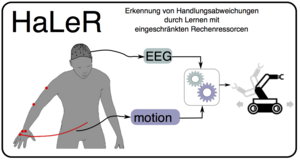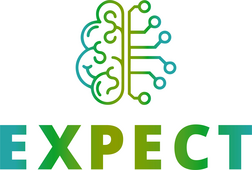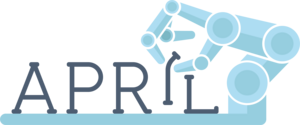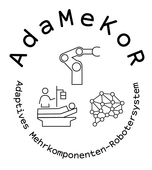
Research Departments
- Agents and Simulated Reality 1
- Cognitive Assistants 2
- Cooperative and Autonomous Systems 1
- Cyber-Physical Systems 1
- Embedded Intelligence 1
- Innovative Factory Systems 1
- Robotics Innovation Center
Research Topics
- Autonomous Systems 12
- Data Management & Analysis 2
- Human-Machine Interaction
- Image Recognition & Understanding 5
- Machine Learning & Deep Learning 13
- Other 1
- Robotics
- Sensors & Networks 3
- Virtual & Augmented Reality 3
Fields of application
- Environment & Energy 5
- Farming & Agricultural Technology 4
- Health & Medicine 6
- Industrie 4.0 8
- Learning & Education 1
- Mobility 5
- Other 4
- Smart Home & Assisted Living 4
- Trade & Logistics 5
Search narrowed by:
Displaying results 11 to 20 of 20.
Research Departments
- Agents and Simulated Reality 1
- Cognitive Assistants 2
- Cooperative and Autonomous Systems 1
- Cyber-Physical Systems 1
- Embedded Intelligence 1
- Innovative Factory Systems 1
- Robotics Innovation Center
Research Topics
- Autonomous Systems 12
- Data Management & Analysis 2
- Human-Machine Interaction
- Image Recognition & Understanding 5
- Machine Learning & Deep Learning 13
- Other 1
- Robotics
- Sensors & Networks 3
- Virtual & Augmented Reality 3
Fields of application
- Environment & Energy 5
- Farming & Agricultural Technology 4
- Health & Medicine 6
- Industrie 4.0 8
- Learning & Education 1
- Mobility 5
- Other 4
- Smart Home & Assisted Living 4
- Trade & Logistics 5







